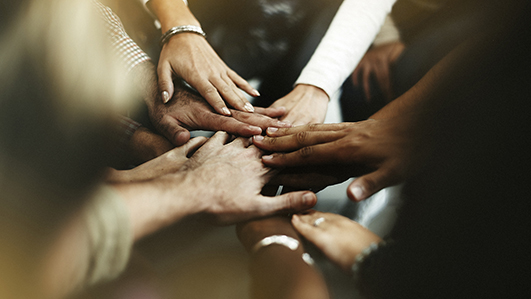
Linking Grassroots Youth Self-Help Groups to SRH and new Livelihoods Opportunities
IndiaThematic Area:
ASRH/Livelihoods
Location
India, Jharkhand
Local Partner
Jan Lok Kalyan Parishad (JLKP)
Timeline:
20220 - 02023
Donor:
USAID Momentum
Linking Grassroots Youth Self-Help Groups to SRH and new Livelihoods Opportunities
Aim
Operating in a hard-to-reach district of underserved tribal communities, JLKP’s strategy was to inform communities, adolescents and youth aged 15-29 about sexual and reproductive health (SRH) topics and as well as the existence of government and private sector programs for family planning (FP) and SRH services and socio-economic opportunities for improved livelihoods.
Focus:
Both Advocacy and Accountability.
Key results:
Over a 12-month period, JLKP achieved the following:
- A total of 17,654 adolescents and youth reached.
- 216 youth club members oriented to lead FP/SRH discussions and support linkages to public services.
- 57 youth clubs established FP/SRH corners, where government workers offered counseling and services for short acting contraceptives as well as referrals to long-acting or permanent methods.
- 7,142 adolescents and youth availed services from FP/SRH corners, with services continuing thereafter
- Linkages made between the youth clubs, their members and multiple livelihood schemes and programs including;
- World Bank-supported ‘Tejaswini’ project on socio-economic empowerment of adolescent girls and young women.
- Rural Self Employment Training Institute in Pakur district, sponsored by State Bank of India.
- National Skill Development Corporation (NSDC), Pakur.
- District-level vocational training institutes.
- 109 youth participants in a meeting with multiple organizations implementing self-employment initiatives.
- 81 young community champions recruited and conducting outreach to adolescents and youth to join the youth clubs.
- Engagement of youth club members including adolescent girls-specific Sakhi Saheli groups to advocate for their SRH issues, resulting in 42 meetings with 805 participants, including local health workers and/or block and district government officials, for example, to request SRH content in government-sponsored Village Health and Nutrition Days.
- New SRH information materials for youth clubs designed by adolescents and youth themselves.
- Improved capacity of JLKP staff in SMART Advocacy youth participants in a meeting with multiple organizations implementing self-employment initiatives.
Implications:
With the blessing of government entities, JLKP began with mapping and revitalizing “Nehru Yuva Kendras” or grassroots youth clubs, orienting their leaders to facilitate engaging recreational activities and information sessions about SRH and other government schemes, with further linkages to services. With a small grant of only $50,000, of which $10,000 was reserved for their own institutional strengthening, JLKP capitalized on existing government schemes and programs to reach many communities and adolescents in youth that are left out of opportunities. They furthered accountability by ensuring communities were aware of several government schemes that were intended to benefit them.




